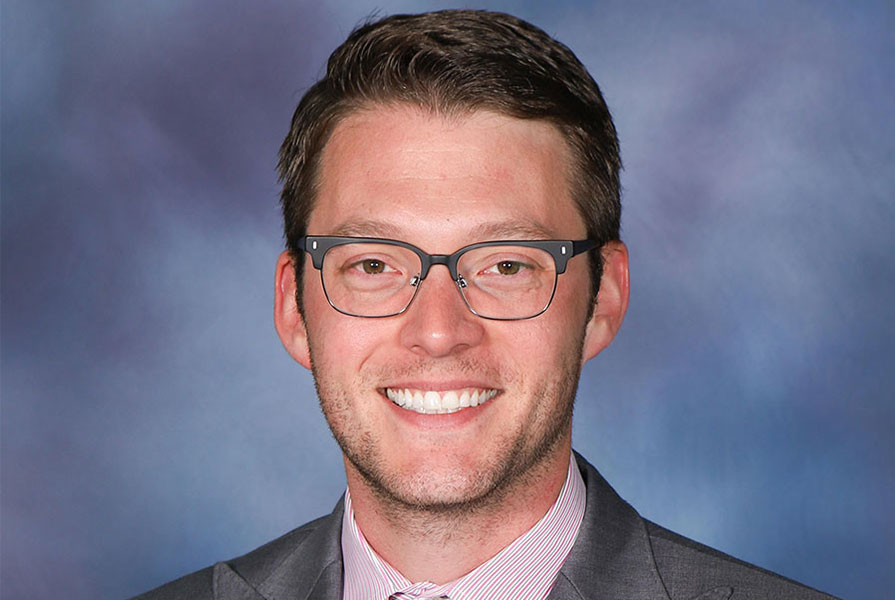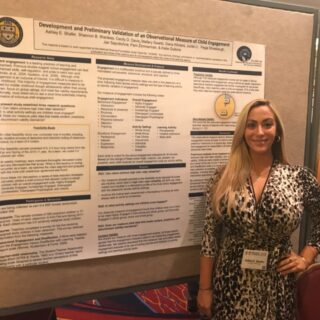
Shaping Practice and Policy in Science Education
Shaun Tomaszewski, a PhD student in administrative and policy studies and a two-time University of Pittsburgh alumnus, is working to improve science education in K-12 schools at the national level.
He was recently appointed to the steering committee of the Collaborative on Advancing Science Teaching and Learning in K-12 (CASTL-K12). The group is housed within the National Academies of Sciences, Engineering, and Medicine, and its predecessor was responsible for developing the Next Generation Science Standards.
“Being appointed to the CASTL-K12 Steering Committee is a humbling experience. I’m very much looking forward to contributing to the field of science education at the national level,” says Tomaszewski.
Through the CASTL-K12 Steering Committee, Tomaszewski will work to shape practice and policy throughout the country. Among its objectives, the collaborative is focused on implementing science standards across states and districts and launching a nationwide community of practice. These efforts will be made possible via congressional appropriations, the White House’s Office of Science and Technology Policy, the Council of Chief State School Officers, and the Department of Education.
For the past five years, Tomaszewski has been principal of Baldwin High School in the Pittsburgh suburbs. Prior to this, he served as a curriculum and assessment administrator for Northgate School District and Pittsburgh Public Schools. Additionally, he is a commissioned human resources officer in the United States Navy Reserve. He holds two degrees from the University of Pittsburgh—a BPhil in neuroscience and microbiology (2009) and a Master of Education in Science Education (2010)—and also his K-12 principal certification and superintendent’s letter of eligibility.
“At heart, I have always been and will always be a science teacher,” he says. “As much as I enjoyed engaging in scientific research, first in the Department of Anesthesiology in the School of Medicine and then in the Department of Biological Sciences, I came to realize that my true passion was engaging students in learning science.”
Tomaszewski has held teaching positions at Mt. Lebanon High School, the community colleges of Allegheny and Beaver counties, and the University of Pittsburgh in biological sciences, geology, and the School of Health and Rehabilitation Science.
Through the PhD program at Pitt Education, Tomaszewski is exploring the professionalization of the teaching occupation. He is using a sociological lens to examine the impact of nationally recognized certifications on teachers’ professional identities.
“The teaching occupation should be elevated far more than it currently is, in my opinion,” he says. “It’s difficult to imagine an emergency-licensed physician being given a scalpel or something like an emergency-licensed attorney defending a case, but this is our unfortunate reality in the field of education.”
Tomaszewski is looking forward to improving the quality of and access to science education through the CASTL-K12 Steering Committee.
He will serve a three-year appointment and is part of a 25-person committee composed of teachers, school and district leaders, university faculty, and government officials.
“The platform to which we will have access could result in meaningful and impactful changes to how kids across the country are given access to robust and authentic science learning opportunities,” says Tomaszewski.
Tomaszewski credits Pitt and the School of Education for equipping him with the knowledge and the network to be successful.
“Pitt’s professional network is second to none, especially in Western PA. While the education is exceptional, it’s truly the alumni network that is most powerful,” he says.




